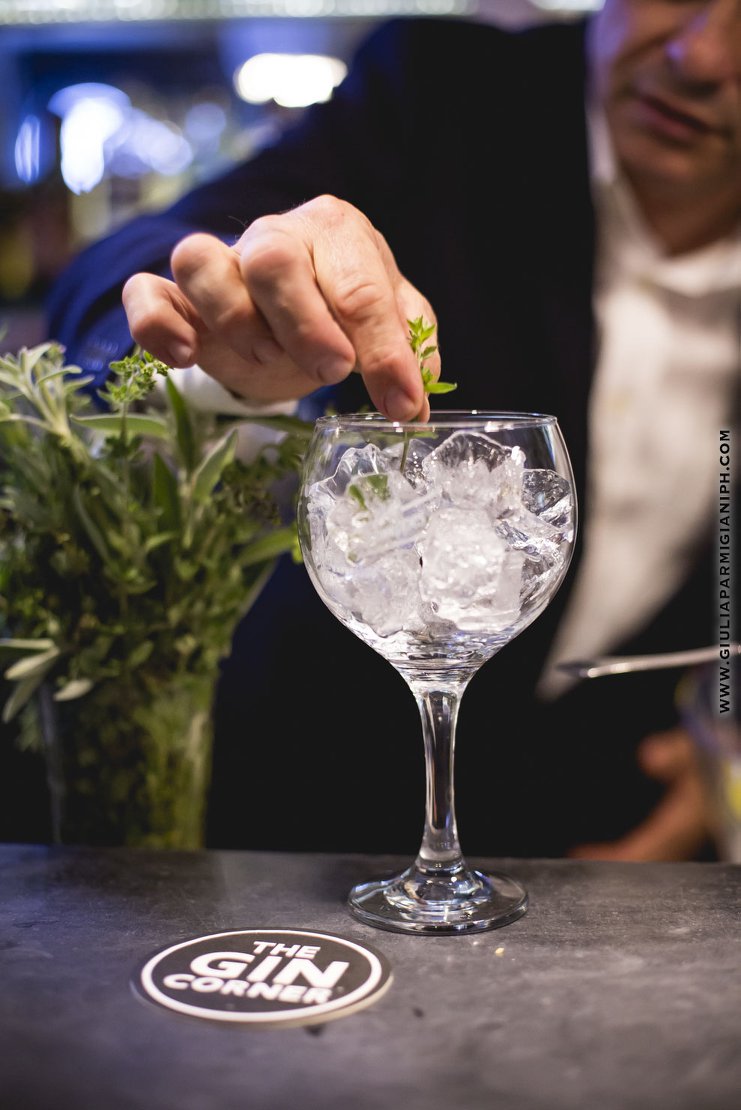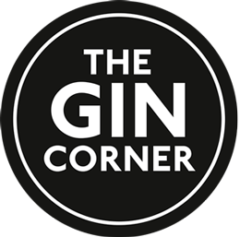
The History of Gin
Gin’s origins likely trace back to the Middle Ages, with early references to a spirit infused with “genever” appearing in a 13th-century Flemish manuscript. By the 1600s, the Dutch had perfected its production, with hundreds of distilleries flourishing in Amsterdam alone. Before long, gin crossed the English Channel: by the late 17th century, it had become England’s drink of choice—cementing the reputation it still holds today. Gin played a notable role in British colonial history. Soldiers and expatriates stationed in malaria-prone regions relied on quinine—a powerful anti-malarial agent with an intensely bitter taste. To make it more palatable, they mixed it with gin, creating what would become one of the world’s most iconic cocktails: the Gin & Tonic. In the modern era, gin has experienced a remarkable resurgence, fueled by the rise of craft distilleries and the evolution of mixology. From the crisp Martini to the refreshing Gimlet and the timeless Tom Collins, the same classic cocktails that once inspired F. Scott Fitzgerald and his contemporaries are once again being shaken, stirred, and savored in bars across the globe.



